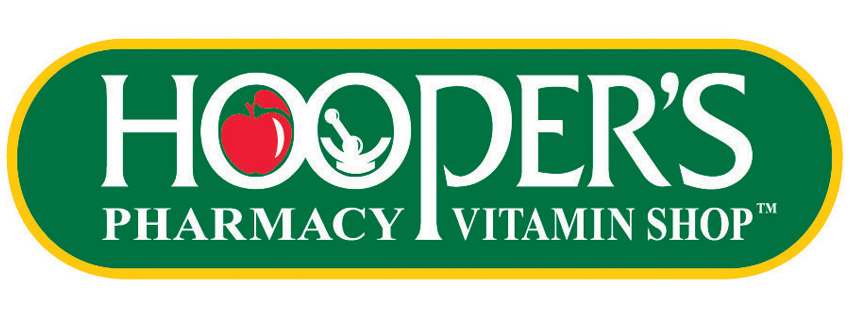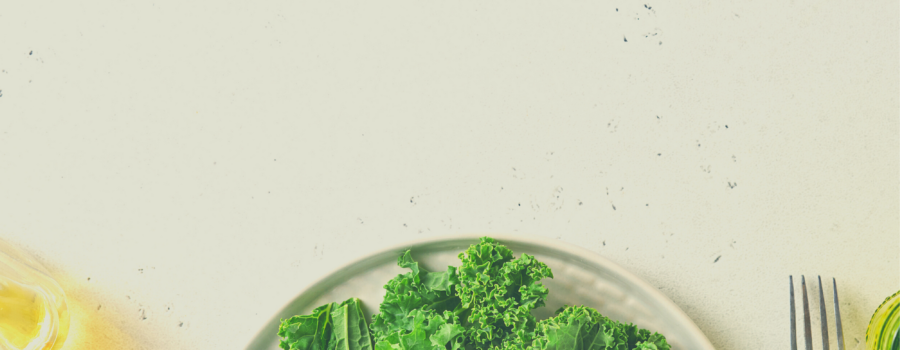Make sure you’re getting the calcium you need. From strong bones and teeth to keeping your heartbeat regular, it’s a crucial nutrient that helps the body fulfill many functions. Milk, cheese, and yogurt are well known for being calcium powerhouses, but if you don’t eat dairy, you can still get all you need from other sources. Here are 10 non-dairy sources of calcium.
COLLARD GREENS
Leafy vegetables like collard greens, kale, and Chinese cabbage offer calcium and are more bioavailable than other leafy green sources like spinach and Swiss chard. One cup of cooked collard greens provides 266 mg. That’s more than 20 percent of the 1000 – 1200 mg of recommended daily for adults.
CHIA SEEDS
Known as a superfood, just an ounce of chia seeds contains about 17 percent of the daily dose for adults. Chia seeds are easy to incorporate into your diet, making a great addition to smoothies, salads, breads, and puddings.
SARDINES
Fish with edible bones like sardines and salmon are a great source. Just an ounce of sardines with bones contains 108 mg of this essential nutrient. Sardines come with a myriad of other health benefits as well, and can be easily incorporated into several healthy meals.
TOFU
Soybeans can pack a big calcium punch, making tofu—which is made from soybeans—a great choice for getting your needed dose. Firm tofu made with calcium sulfate (which helps it stick together) can offer a whopping 506 mg per cup.
SESAME SEEDS
Sesame seeds are a good source of this mineral, with just a tablespoon delivering about 88 mg. Sesame seeds are a versatile ingredient that can be used in a wide range of ways, including to make tahini—a paste of toasted and ground sesame seeds that is found in many Mediterranean and Middle Eastern dishes like hummus and baba ghanoush.
FIGS
A unique fruit, figs are inverted flowers that are eaten before they bloom. Long enjoyed as a sweet treat, figs are also a good food choice to help you get your daily dose. In fact, just two dried figs can provide 65 mg of calcium.
ORANGES
Oranges are another fruit that provide calcium, with one whole orange providing about 55 mg of the nutrient. For an even bigger hit, you can reach for fortified orange juice, which can provide about 349 mg in just one cup. However, doses will vary by brand, so be sure to check the label.
BROCCOLI
Broccoli is a cruciferous vegetable—a member of the same family as cabbage, cauliflower, and brussels sprouts—making it a good source of calcium. A cup of broccoli can give you 60 mg. Whether eaten raw, or cooked, broccoli can be a delicious way to get your veggies and your calcium at the same time.
FORTIFIED ALMOND MILK
Almond milk makes a delicious replacement for dairy milk, and with the availability of fortified almond milks at your local grocery store, you don’t have to miss out on that minerals in conventional cow’s milk provides. A glass of fortified almond milk can provide about 300 mg.
CALCIUM SUPPLEMENTS
Research suggests that adolescents, women, vegans, those who are lactose intolerant, and the elderly are at greater risk for deficiencies. If you are concerned you’re not getting enough calcium from your diet, supplements may be able to help, but be sure to talk with your healthcare provider first. Supplements come in a wide range of forms, including capsules, gummies, and drinks. Some calcium supplements also contain vitamin D, which helps your body absorb even more of the super nutrient. Come into Hooper’s and speak with one of our nutritionists about what supplement is best for you.
Newton, Laura. “10 Dairy-Free Foods That Are High in Calcium – Alive Magazine.” Alive, 3 Sept. 2021, https://www.alive.com/health/10-dairy-free-foods-that-are-high-in-calcium/.

